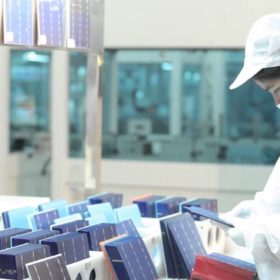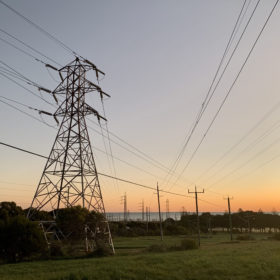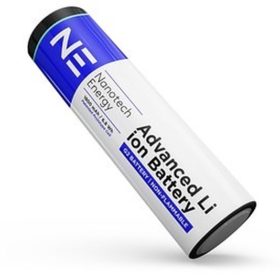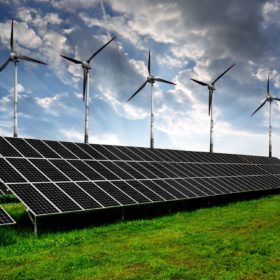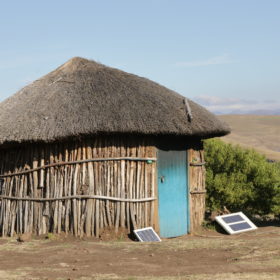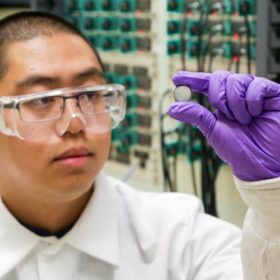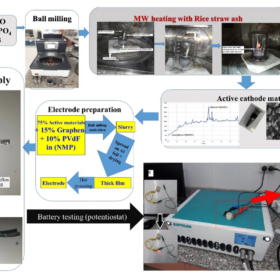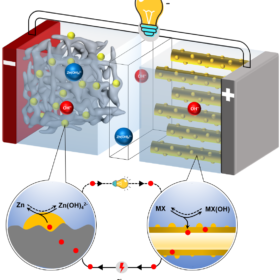Globalised supply chains saved $103 billion in solar panel production costs
A new study has calculated that the globalised PV module supply chain has saved billions for PV installers in Germany, the US and China. It also found that if strong nationalistic policies that limit the free flow of talent and capital were implemented going forward, solar panel costs would be 20-25% higher by 2030.
UNSW researchers develop high yield, low cost, eco-friendly process to recycle Si-PV modules
A team of researchers from the University of New South Wales (UNSW) has proposed a cost-effective way to recycle silicon solar panels. Their process consists of module deframing, laminate shredding and material concentration using electrostatic separation, reducing their original weight by 2% to 3%.
NSW payments for hosting new transmission lines set to double
As it looks to replace its ageing coal-fired fleet and accommodate a growing share of renewables on its grid, New South Wales has pledged to nearly double the average payments landlords across the state receive for hosting high voltage transmission lines.
Non-flammable, graphene-based lithium-ion batteries approaching stationary storage market
US-based Nanotech Energy’s graphene battery uses proprietary electrodes with a thermally stable separator, and non-flammable electrolyte that is said to be inexpensive to manufacture. The technology is said to be superior in terms of safety and competitive in terms of cell performance.
Wind, solar payback times under a year in some parts of world, says Rystad
Record energy prices, particularly in Europe, are driving demand for renewables and energy storage. That is changing the equation for utility solar and wind investment and shortening project payback times to under a year in some regions. Storage deployment, driven by recent policy developments around the world, is also expected to get a big boost through to 2030.
Sodium-ion battery anode made from toxic hogweed
Russian researchers have transmuted poisonous Sosnowsky’s hogweed into high-grade anode material for sodium-ion batteries. The obtained material has a Coulombic efficiency of 87%, which is on par with the best reported results for hard carbons synthesised from other raw materials.
Off-grid solar continues to expand
The off-grid solar sector has shown resilience in the face of pandemic-related challenges, with 70 million people gaining access to electricity from early 2020 to the end of 2021. However, the ability to pay for solar energy kits has taken a hit.
Novel anode material paves way for 15-minute EV charging
US researchers have developed a novel fast-charging battery anode material, and GM has revealed a new focus on battery R&D. The European Parliament, meanwhile, has issued a number of proposals for alternative fuels infrastructure.
Ultra-fast synthesis of nanocomposites for sodium ion batteries, supercapacitors
Researchers in Egypt have developed a synthesis method that uses the high microwave absorbance of silicon carbide content in rice straw ash and takes just 60 seconds to produce sodium iron phosphates-carbon nanocomposites (NaFePO4-C), which can be used as sodium ion battery cathodes and as symmetric supercapacitors.
Super-fast, long-life aqueous rechargeable zinc battery
An international group of researchers has demonstrated an aqueous zinc battery with excellent performance in terms of capacity, rate capability, specific energy, and output voltage. The supercapacitor-battery hybrid device has also shown unprecedented cycling stability 99.2% capacity retention after 17,000 cycles at 100% depth of discharge.

